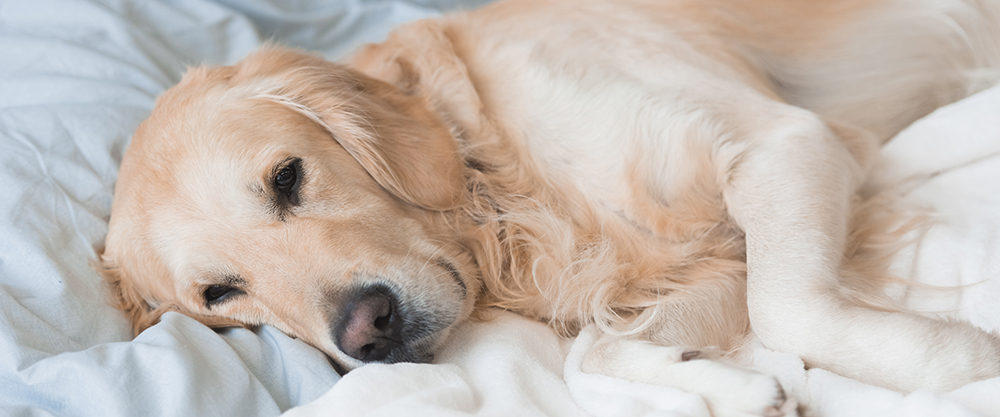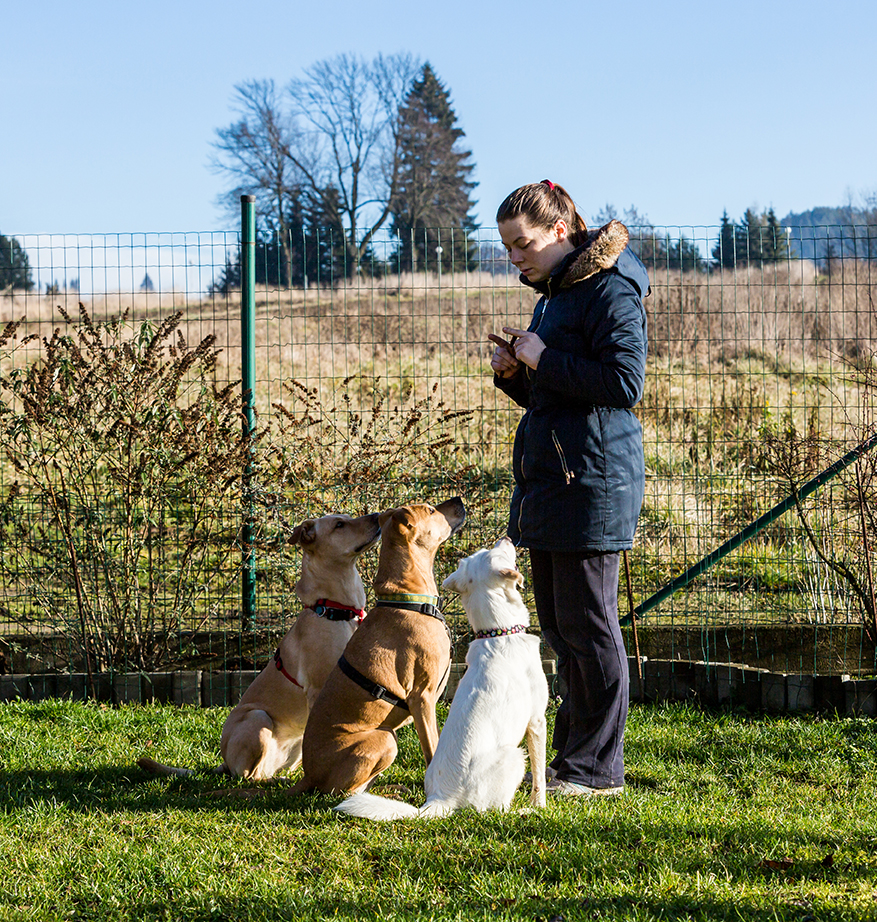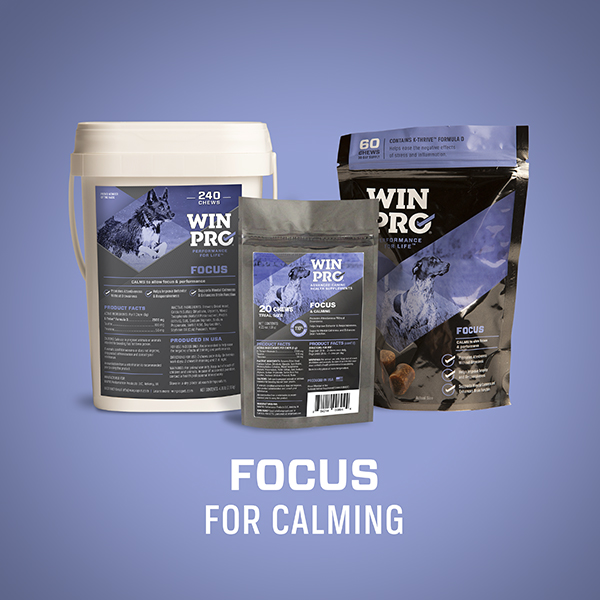Anxiety in Dogs: Symptoms and Treatment
Like humans, many dogs suffer from anxiety. However, since dogs cannot express their emotions verbally, they rely on us to interpret how they are feeling. Dogs present subtle body language cues that indicate something is bothering them. Unless you have studied canine body language, picking up on these warning signs can be difficult. Here, everything a dog owner needs to know about anxiety and dogs will be discussed, including symptoms and treatment.
What Causes Anxiety in Dogs?
Anxiety results from fears and phobias in dogs. Since we cannot understand exactly what a dog is thinking, researchers have only been able to recognize a handful of trends.
The most common type of anxiety displayed in dogs is separation anxiety, which occurs when a dog has an extreme fear of being left alone or separated from a favorite human.
Noise anxiety is another common phobia, which most often manifests in response to fireworks or thunderstorms.
Other types of anxiety may be caused by previous experiences. For instance, a dog that was attacked by a loose dog during a walk may have anxiety about traveling that same route.
Ultimately, there are many causes of anxiety in dogs. Sometimes anxiety occurs in response to a seemingly benign experience, such as the sight of a plastic bag floating in the wind. Other times anxiety has a deep-seated cause, such as previous trauma. Regardless of the cause, anxiety in dogs can have serious health consequences if left unchecked.
What are the Symptoms of Canine Anxiety?
- Dogs that are experiencing anxiety can show the following signs:
- Tucked tail
- Raised paw
- Whites of eyes showing (half-moon eyes)
- Yawning
- Excessive lip licking
- Excessive scratching not caused by allergy
- Rapid panting
- Trembling
- Hiding
- Withdrawal
- Hyperactivity
- Urination / Defecation
- Pacing
- Barking / Howling
- Escape Attempts
- Uncharacteristic aggression
- Panic attack
- Destructive behavior
What are the Dangers of Anxiety in Dogs?
A dog that is experiencing stress will revert to the fight or flight response. If a dog chooses fight, an overly anxious dog may show aggression toward its owner, children, or other animals. Fear aggression is serious and is a leading cause of attack from otherwise friendly dogs.
Dogs that respond to anxiety with the flight can injure themselves, as well as your belongings. These animals tend to cause destruction to their homes with frenzied escape attempts or self-soothing destructive behaviors.
Finally, chronic anxiety and stress is known to have health consequences in animals. The continual release of the stress hormone cortisol is linked with inflammation and chronic illness. In addition, dogs that suffer from anxiety are more likely to have gastrointestinal problems such as chronic vomiting and diarrhea.
How to Treat Anxiety in Dogs
To improve your dog’s quality of life, treatment and prevention for anxiety is important. While an anxious dog may not be cured completely of its stress, there are many tools that a pet owner can use to minimize harm caused by chronic inflammation.
Training
If a dog is suffering from separation anxiety, fear aggression, or a similar disorder a trainer can help. Socialization, desensitization, and redirection strategies are all useful in re-shaping the mind of an anxious dog. While the training process can be a long one for severe cases of anxiety, the outcome is well worth the time and effort when it improves the dog’s quality of life.
Essential Oils
Many pet owners tout the benefits of essential oils for anxious dogs. While essential oils will not cure the root cause of anxiety, they can act as a supportive measure. Pet owners can fill a diffuser with lavender oil (making sure the dog and other pets are unable to drink the liquid) or place a few drops of lavender oil on the pet’s bedding.
WINPRO Focus
WINPRO Focus is unique in that it can treat the symptoms of anxiety as well as potentially cure the root cause. New research indicates that gut health and inflammation play a role in anxiety and depression. WINPRO Focus soft chews contain the K-THRIVE D blend of animal blood proteins that go straight to work to reduce inflammation in the gut, allowing additional active ingredients of taurine and theanine to take effect. Unlike other anxiety treatments, WINPRO calms your dog without drowsiness. It can also be used in conjunction with medications and other supplements without worry.
Ultimately, anxiety in dogs is a major concern, as it can hinder their health and quality of life. Understanding the signs of anxiety in dogs is the first step toward prevention and treatment.




